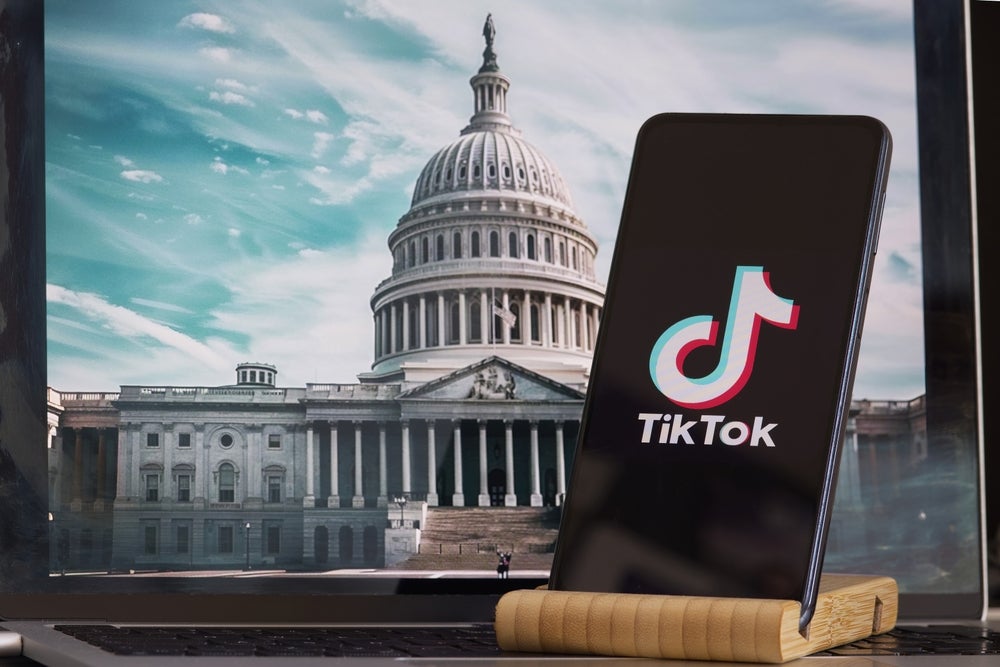
How is AI changing the CEO role?
CEOs are the business heads, the masterminds, behind all aspects of an organisation, from strategy to direction, growth, and results—you name it—the CEO is responsible for it. That’s why it’s critical these leaders have all the necessary information at their fingertips and all the necessary skills under their belt. They have to be able to identify and analyse the challenges and opportunities coming their way from a broad, strategic level. AI is undoubtedly one of these.
And, this is a big ask. Not only does AI develop at breakneck speed, it is a profoundly complex technology. Implementing the tech can unlock an impressive return on investment, but CEOs need to know how and where to roll it out. There’s an enormous amount of hype; AI is being discussed here, there, and everywhere, but many leaders are at a loss as to how they should actually implement it.
In today’s digital day and age, they need a comprehensive understanding of data and AI to make broad-stroke strategic decisions. These skills weren’t so important for CEOs before the rise of AI, but they’ll become ever more crucial as it continues to evolve.
What’s your view on current board-level expertise in AI/technology?
Frankly, it’s not where it needs to be. A recent Accenture study found that only 23% of business leaders in the UK were ‘tech-proficient.’ If we’ve got any chance of coming out the other side of the AI transformation, that figure will have to double by 2026.
Of course, not every business leader is going to be a natural AI and data science expert but, as the AI wave gathers momentum, CEOs will have to establish a solid foundation of the skills—and that goes for their fellow board members, too.
In all honesty, I’m hearing from a lot of business leaders who are experiencing ‘tech anxiety.’ They know they need to get the ball rolling on introducing AI tech into their business, but they’re unsure where to start. That’s why the skills are essential; with a robust understanding of AI, CEOs will start to see where it fits in their business.
How well do you really know your competitors?
Access the most comprehensive Company Profiles on the market, powered by GlobalData. Save hours of research. Gain competitive edge.

Thank you!
Your download email will arrive shortly
Not ready to buy yet? Download a free sample
We are confident about the unique quality of our Company Profiles. However, we want you to make the most beneficial decision for your business, so we offer a free sample that you can download by submitting the below form
By GlobalDataAre there geographical and/or sector differences in the level of CEO tech expertise?
On an industry level—definitely. As you might expect, CEOs of tech companies tend to have a higher level of expertise when it comes to AI, but even for these business leaders, gaining skills beyond their specific industry is still a worthwhile exercise. The rate of advancement of these technologies means that anyone would benefit from completing a dedicated programme on AI skills.
Whereas other technological advancements have affected specific sectors, AI is sweeping through every industry. There is absolutely no hiding from it. On the one hand, that’s a brilliant thing as it opens up new possibilities for every business across the country. Still, on the other, it demands an unprecedented level of upskilling across almost every workforce.
What are the pitfalls for a CEO not proficient in understanding technology, specifically AI?
It really comes down to understanding AI’s return on investment. We all know that AI will accelerate productivity, maximise efficiency, and help businesses identify areas for improvement through analysing, crunching and automating mammoth data sets, but, still, organisations must have a crystal clear, strategic vision to roll it out effectively. Without the necessary skills, AI strategy can become muddled, clouded by panic and confusion.
And from a broader perspective, having tech and AI skills allows you to think more critically, evaluate business projects more clearly, and make decisions in a more solution-driven, and data-driven mindset. There are so many reasons to upskill business leaders; it’s a no-brainer.
What’s your remedy as an educator to this problem?
This is one of the problems that I wanted to address through Cambridge Spark. I could see that businesses of all shapes and sizes had potential that data science and AI skills could help them tap into, but that a colossal tech skills gap was holding them back.
At the moment, these skills aren’t sufficiently built into school and university curriculums, so thousands upon thousands are leaving education without the tech know-how that employers need. To stay competitive and ride the AI wave, employers themselves must address the gap. Organisations must deliver immersive, hands-on training programmes to their entire workforce, especially their CEOs and board members.
Upskilling is the only answer. AI will only permeate more and more areas of business as time goes on so firms need to act now, roll out training courses, and get their leaders some practical, real-life experience with the tech. As we plunge deeper into the AI era, it’s skills that will be the difference between thriving during the AI transformation or being left in its wake.
An example of a few gold-standard CEO’s who are getting the balance of business/tech expertise right?
There are many leaders out there moving the dial and using tech to take their businesses to new heights, but as I have been in the education technology space for a while now and have a genuine, lifelong love of learning, I am often most impressed by CEOs who are using tech to teach.
For me, the CEO of Duolingo, Luis Von Ahn, is pretty striking in his relentless pursuit of technology. Von Ahn is taking an AI-led approach to propel Duolingo’s growth, developing an education tool that uses tech to create engaging, personalised language lessons for the masses. Using technology to teach in this way is beyond impressive, and I think he’s a great example of a CEO who balances business expertise with tech knowledge.
Another CEO I have been impressed by lately is Pamela Maynard, CEO of Avanade. Maynard has been vocal about the role of the CEO in the AI transformation and has publicly committed to ensuring AI fluency throughout the firm. This lead-from-the-front attitude is precisely what we need—CEOs have to ensure they have the AI and data skills, as well as the confidence, to make the right calls.
Of course, these are only a couple of examples and I know there are hundreds of CEOs taking a proactive and evidenced approach to rolling out AI in their organisations. Still, the fact is that data and AI skills are, on the whole, lacking. To future-proof their businesses and ensure long-term viability, CEOs and board members across the country must thoroughly understand how AI can take their organisations to the next level—it’s data and AI skills that they need.







